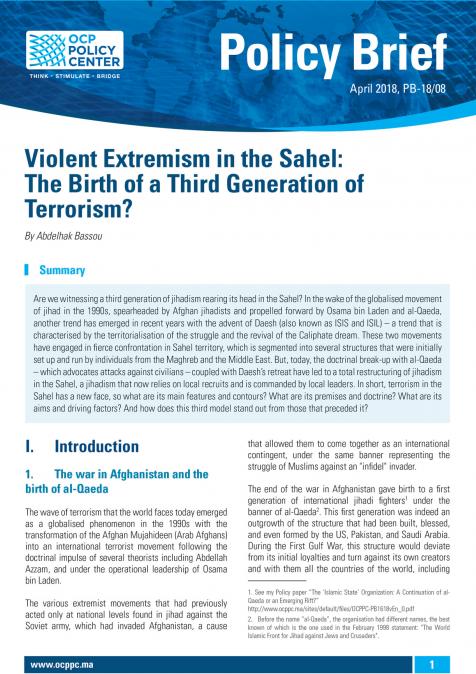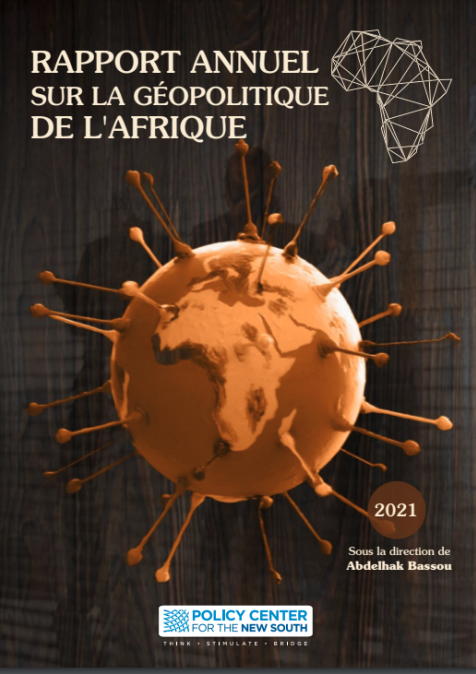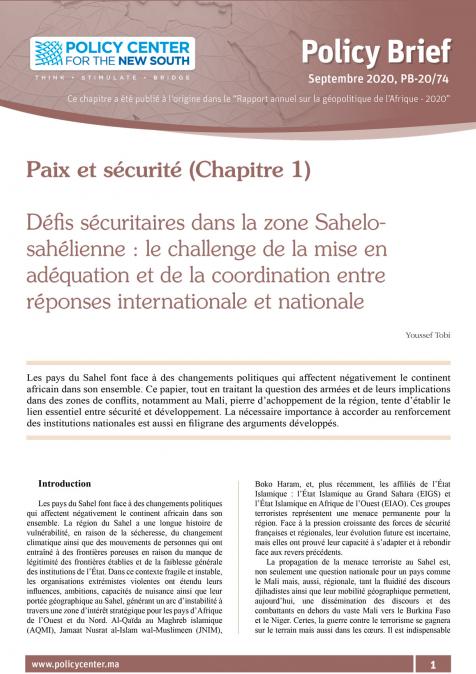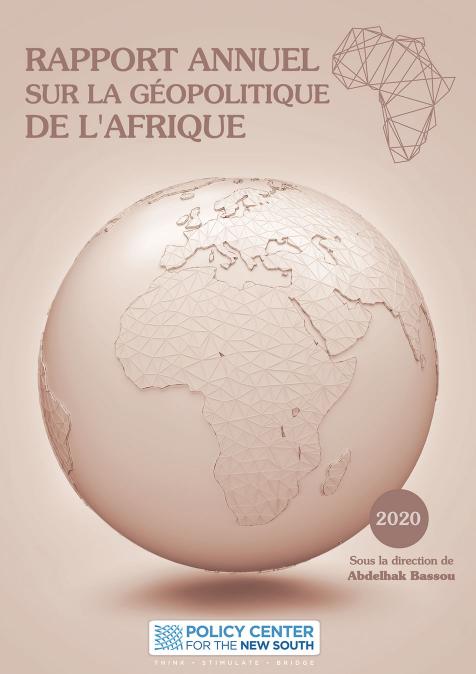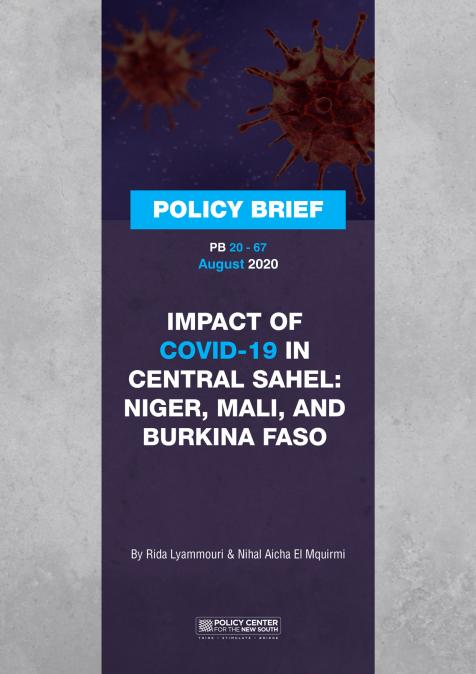Publications /
Policy Brief
Are we witnessing a third generation of jihadism rearing its head in the Sahel? In the wake of the globalised movement of jihad in the 1990s, spearheaded by Afghan jihadists and propelled forward by Osama bin Laden and al-Qaeda, another trend has emerged in recent years with the advent of Daesh (also known as ISIS and ISIL) – a trend that is characterised by the territorialisation of the struggle and the revival of the Caliphate dream. These two movements have engaged in fierce confrontation in Sahel territory, which is segmented into several structures that were initially set up and run by individuals from the Maghreb and the Middle East. But, today, the doctrinal break-up with al-Qaeda – which advocates attacks against civilians – coupled with Daesh’s retreat have led to a total restructuring of jihadism in the Sahel, a jihadism that now relies on local recruits and is commanded by local leaders. In short, terrorism in the Sahel has a new face, so what are its main features and contours? What are its premises and doctrine? What are its aims and driving factors? And how does this third model stand out from those that preceded it?

